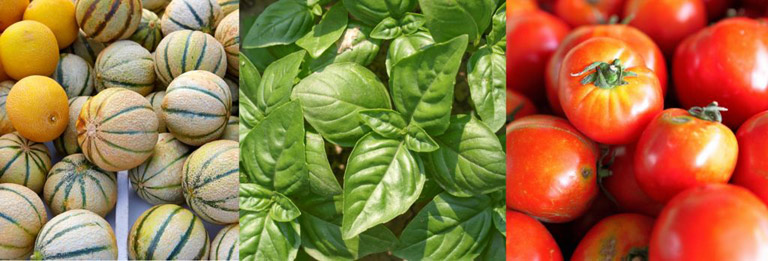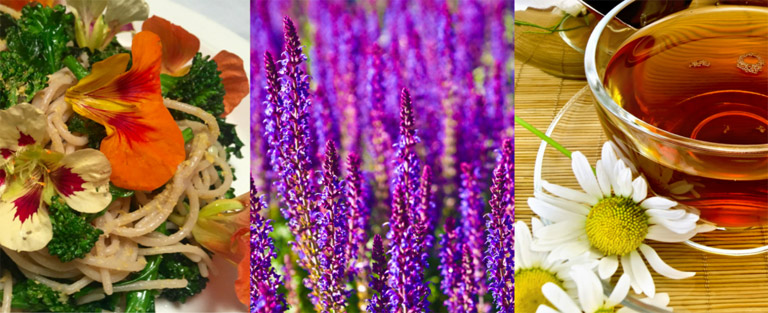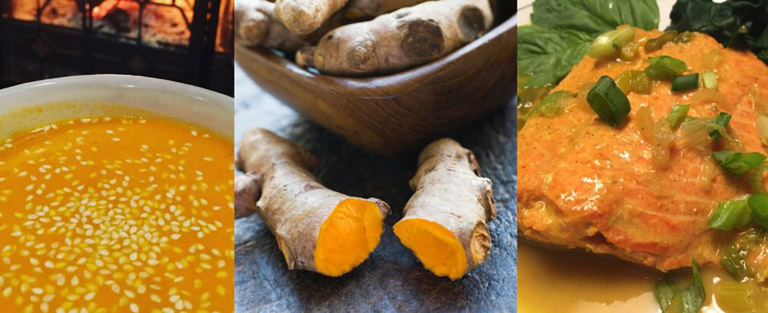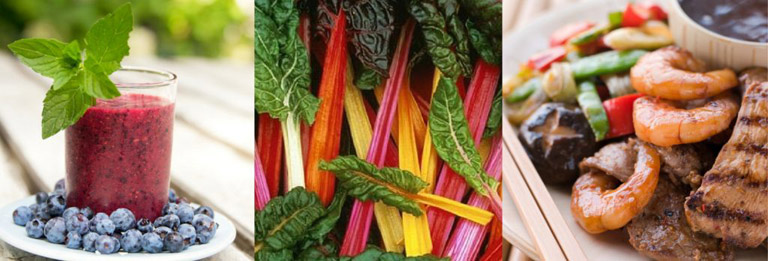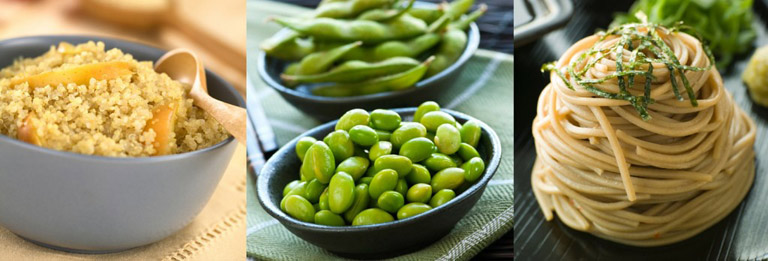You have a very loyal friend that you may be taking for granted. This friend works tirelessly for you, 24/7, never stopping to take a break, in order to make sure your body has everything it needs to be healthy and happy. This friend is your heart! The heart, our body’s powerhouse, tirelessly pumps blood, delivering essential nutrients and oxygen to every cell in the body. Understanding some basics of how to optimize your nutrition for heart health can go a long way in giving that loyal friend a boost of support, and living a long, healthy life.
Our hearts are amazing, muscular organs. But they do have vulnerabilities. Cardiovascular diseases, such as coronary artery disease, heart attacks, and strokes, are among the leading causes of death globally. Several risk factors contribute to these conditions, including high blood pressure, elevated cholesterol levels, obesity, diabetes, consuming alcohol, and smoking. While genetics do play a role in one’s predisposition to developing a heart related illness, lifestyle choices and behaviors, with nutrition being the most important, can make a significant difference in how your body will fare. According to leading medical experts, ninety percent of the nearly 18 million heart disease cases worldwide could be prevented by people adopting healthier eating, exercise, and other lifestyle habits.
Nutrition for Heart Health, an Introduction
Before I dive into nutrition for heart health, I want to make clear that adopting heart healthy eating habits does not have to mean turning your life upside down, or giving up your favorite foods. By simply augmenting your choices to include 1) fewer foods that harm your heart, and 2) more foods that support your heart, you can begin to make a meaningful difference in not only the health of your heart, but also your overall long-term health. A balanced diet rich in nutrient-dense foods can help manage risk factors, lower blood pressure and cholesterol levels, reduce inflammation, and maintain a healthy weight and body composition. Conversely, diets high in saturated and trans fats, sodium, refined sugars, and processed foods can increase the likelihood of developing heart disease. So it really just comes down to doing what you can to design meals that take these factors into consideration.





